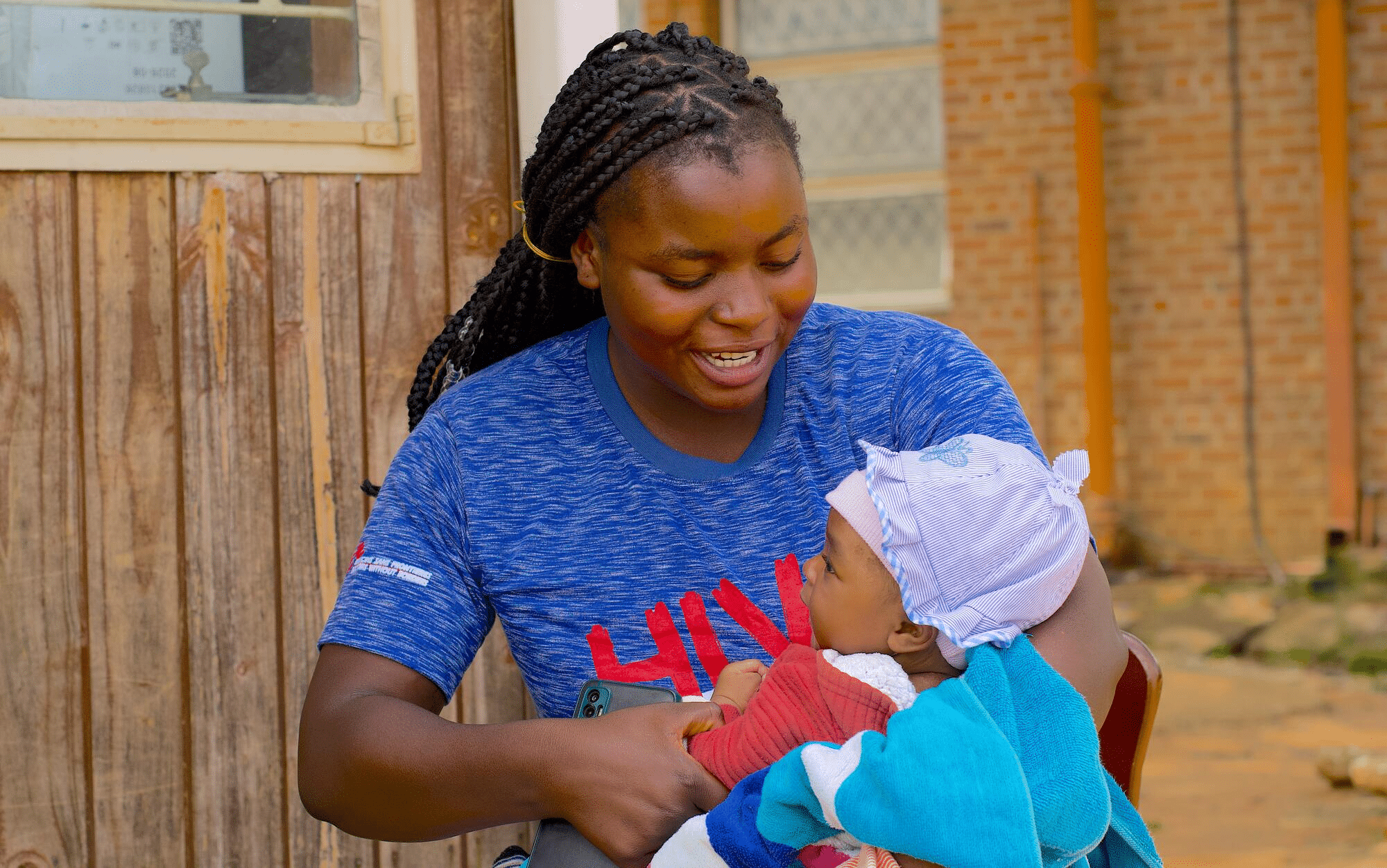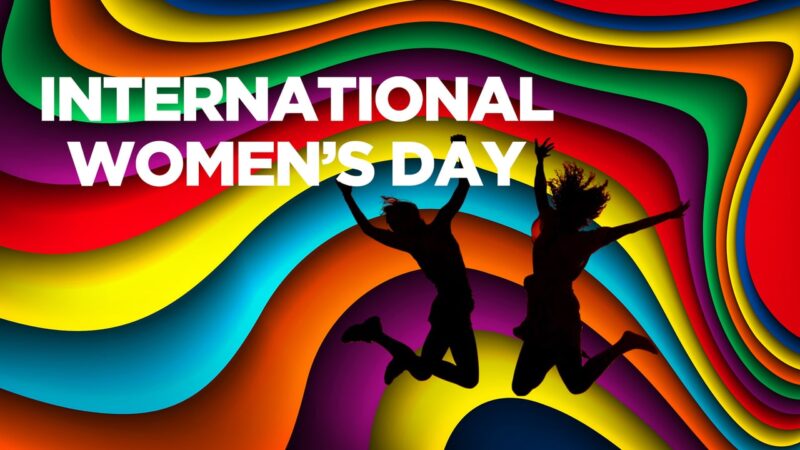While many people think of International Women’s Day as a general celebration and a half day off from work, it’s, more importantly, a time to ban together and put a world-sized magnifying glass over some vital issues that probably don’t make their way into the mainstream consciousness of the average person. 2023 is a focus on equity – and one sub-topic being diversity is women’s sexual health.
In this article, we’re going to look at some examples of what this means and how people are fighting their own small but amazing battles to make things better.
NOTE: Obviously there are going to be some things that might trigger people.
WHY FIGHT FOR DIVERSITY IN WOMEN’S SEXUAL HEALTH?
If you’re someone who has access to great healthcare and is surrounded by a wonderful support system, the idea to fight for this kind of diversity might seem pointless as a knitted condom. But if we step out of our comfy lives for a moment and remember that IWD is about women ALL OVER THE WORLD, then yes, fighting for proper healthcare is a real thing.
And since each country, even city or demographic in an area, has its own health challenges they have to deal with, then it makes sense that we can’t put a blanket solution over the planet and expect things to work – this is where the “diversity” part comes in.
What are some examples of place-specific health problems?
- Lack of access to birth control in underdeveloped areas
- Zero resources for transgender people
- The ability and support to safely report SA in places like India
- Forced sterilization of women with disabilities in Australia
- Language issues of surveys that deliver incorrect results or lied results
- Inaccessible healthcare for basic things like cervical cancer checks
- The right to reproductive autonomy in the US
- The ability to talk about sex openly without judgement
- Female genital mutilation
- Proper sexual education
And these are just a few examples of what people all around the world are fighting to improve.
HEALTH EXPERTS SHARE THEIR EXPERIENCES
This International Women’s Day, the Kirby Institute is bringing together a group of health experts to speak about their work to improve sexual health among diverse groups of women and to reflect on how we can leverage this work to bring us closer to equitable sexual health and wellbeing.
FEATURING:
Dr Blessing Akombi-Inyang
Researcher in Migrant Health and School of Population Health, UNSW Sydney
Community engagement of migrant women
Dr Deborah Bateson
Medical Director, Family Planning NSW and Adjunct Professor, Centre for Social Research in Health, UNSW Sydney
Respecting Diversity: Enhancing the sexual and reproductive health and rights of women with intellectual disability
Associate Professor Julie Mooney-Summers
School of Public Health, University of Sydney
Why a periodic health survey for lesbian, bisexual and queer women needed to adapt to gender diversity
Here is their group discussion:
EVENTS & CHARITIES FOR WOMEN’S SEXUAL HEALTH
Empowering Adolescent Girls for Economic Transformation in Western and Central Africa
In Sub-Saharan Africa, adolescent girls face a set of unique challenges. High fertility rates caused by early marriages, low educational attainment, restrictive social norms and laws coupled with inadequate access to family planning information and services are obstacles blocking girls from realizing their full potential.
worldbank.org
To discuss this challenge for International Women’s Day 2023, there is a webinar to talk about how important is it to support the economic and social empowerment of young women as well as to bring perspective to entrepreneurs, policymakers, and other change agents.
For Women and Girls In Benin, Multi-Faceted Gender Reforms Offer New Opportunities

In Benin, the First and Second Unlocking Human and Productive Potential Development Policy Financing series, which began in early 2021 and closes in September 2023, have achieved significant successes.
worldbank.org
- A new law expands the definition of gender-based violence (GBV) and increases or institutes punishments to tackle the scourge of GBV.
- An overhaul of health regulations improves women’s access to reproductive health, including contraception, particularly for youth in youth-friendly facilitiesFor more information on these advances, check out this article.
International Midwives.Org
This year’s International Women’s Day, under the theme “Break the Bias,” asks us to imagine a world free of bias, stereotypes and discrimination; A world that’s diverse, equitable, and inclusive; A world where difference is valued and celebrated.
This group’s goal is to link groups and communities around the world so they can share knowledge, resources and support to work towards a common goal.
Doctors Without Borders – Overcoming taboos for women’s positive sexual health
Good sexual and reproductive health is important for quality of life for all people, yet there are myriad challenges to ensuring this for cis-gender and transgender women and girls around the world.
Doctors Without Borders
DWB is working on helping young women, transgender women, migrants, and refugees have access to good sexual and reproductive healthcare. But there are so many stigmas in communities, families, and even in the women’s themselves that they don’t always come forward or use available tools. In affected areas living with an untreated STI is just a way of life.
Nomi Network is a charity that helps combat human trafficking by creating pathways to safe employment and empowering women and girls to break cycles of slavery in their families and communities.
Womankind Worldwide supports women’s rights organizations and movements to secure equal rights for women and girls so they can live without fear of violence, have a say in decisions that impact them, and control their own life.
WHAT CAN YOU DO?

After reading how much actually goes on during IWD, it might feel overwhelming on how you can contribute. But there are plenty of small ways that can make big differences.
- Researchers charities and find one that you want to donate to (every little bit helps).
- Join a webinar on a topic you want to learn more about
- Take part in a protest or gathering
- Celebrate the women in your family
- Volunteer at a women’s shelter
- Donate your time and expertise to an appropriate organization
- Support a friend who’s going through a hard time
- Stop shaming other women for what they wear, their sexual preferences, or natures, etc.
- Advocate for gender equity in the workplace
- Start a book club focused on women’s empowerment
- Host a film screening with a specific goal and conversation afterward
- Share uplifting IWD quotes on social media
- Support women-owned businesses
- Follow women’s sexual health groups
- Contact your local representatives to see what they’re doing to better diversity in women’s (sexual) health
Anything you want to add about International Women’s Day and diversity in women’s sexual health?


